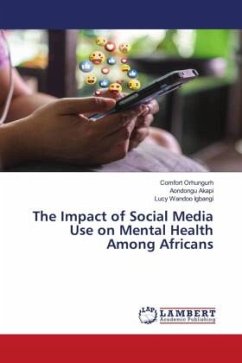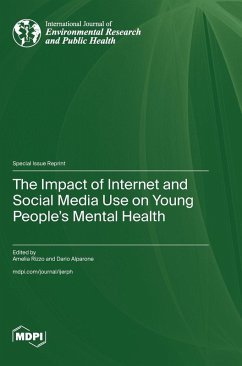
Social Capital and Mental Health

PAYBACK Punkte
24 °P sammeln!
`The effects of social context and social structure on health are well documented. The concept of social capital provides a slightly different take on the issue, as it attempts to discover the features of populations in different areas that are crucial in determining the extent and the quality of social interactions and the social institutions within society. Such factors as social networks, levels of participation in civil life (as a citizen) and levels of trust within communities are all associated with social capital. This book provides a detailed exploration of the concept, on its effects ...
`The effects of social context and social structure on health are well documented. The concept of social capital provides a slightly different take on the issue, as it attempts to discover the features of populations in different areas that are crucial in determining the extent and the quality of social interactions and the social institutions within society. Such factors as social networks, levels of participation in civil life (as a citizen) and levels of trust within communities are all associated with social capital. This book provides a detailed exploration of the concept, on its effects on psychological functioning and on the risk factors for mental health that are associated with communities that have either high or low levels of social capital.' - Community Care Why do some areas have a higher prevalence of mental illness than others? How does the structure of a society affect its inhabitants' mental health? This remarkable book is the first to explore in detail the concept of social capital and its implications for mental health policy. Drawing on evidence from international research and fieldwork, the contributors examine the risk factors for mental health associated with both low and high social capital communities. They discuss the importance of relationships between individuals, groups and abstract bodies such as the state and outline different systems of social capital, for example intra-group `bonding' and inter-group `bridging'. The authors challenge the notion of community as a strictly area-based concept and call for broader-based studies of communities built around race, faith or even around a common social exclusion. Social Capital and Mental Health also reviews methods of measuring social capital, analyses the implications of research findings for future policy developments and makes clear recommendations for future practice and research. This book will be an informative and engaging read for sociologists and psychiatrists, and an incisive resource for policy makers and practitioners.













